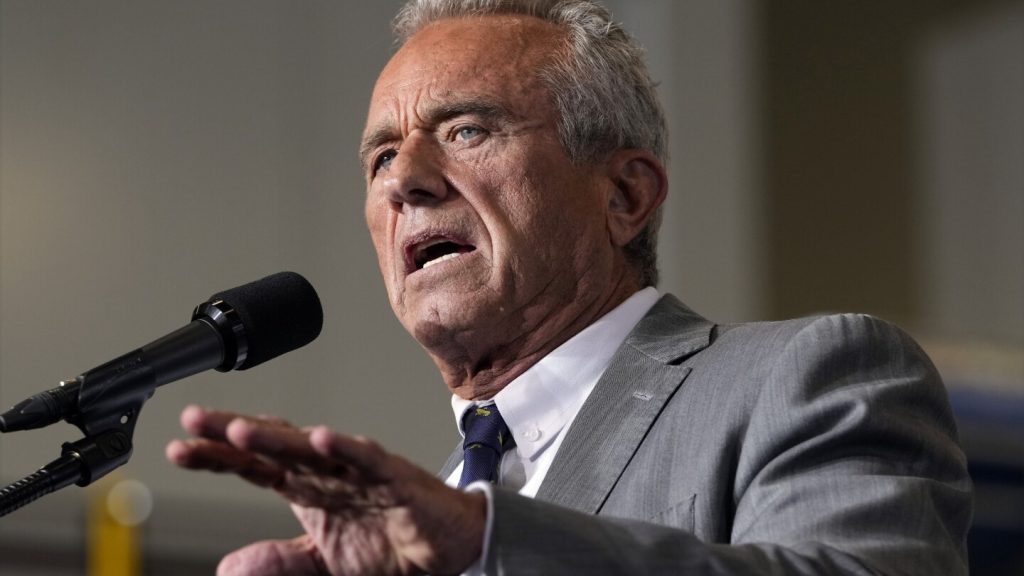The Wisconsin Supreme Court ruled in favor of Robert F. Kennedy Jr., allowing his name to remain on the state’s presidential ballot. The decision, made by a liberal-controlled court, upheld a lower court ruling that candidates can only be removed from the ballot if they die. Kennedy had previously suspended his campaign and endorsed Donald Trump. This ruling comes after over 418,000 absentee ballots have already been sent to voters in Wisconsin, with nearly 28,000 returned. Kennedy had filed a lawsuit seeking to be removed from the ballot, citing discrimination against third-party candidates compared to Republicans and Democrats.
Kennedy’s argument was based on the discrepancy in deadlines for withdrawal for independent candidates versus major party candidates. While Republicans and Democrats have until the first Tuesday in September to certify their nominee, independent candidates like Kennedy could only withdraw before an August deadline for submitting nomination papers. Despite this, Dane County Circuit Judge Stephen Ehlke ruled that according to Wisconsin law, once candidates file valid nomination papers, they remain on the ballot unless they die. Attempts to argue that clerks could cover Kennedy’s name with stickers were rejected, as it was deemed logistically problematic and could potentially cause issues with tabulating machines.
The Supreme Court’s decision was unanimous, with the four liberal justices and one conservative justice noting that Kennedy’s arguments were not developed enough for them to determine if Judge Ehlke had made a mistake in keeping Kennedy on the ballot. Kennedy did not dispute the law stating that only dead candidates can be removed from the ballot. However, Justice Rebecca Bradley wrote a concurrence expressing concern that keeping Kennedy on the ballot could confuse voters and impact the outcome of the election. The presence of independent and third-party candidates on the ballot could be significant in Wisconsin, where past presidential elections have been decided by narrow margins.
The impact of third-party and independent candidates on elections in Wisconsin was highlighted, with the potential for these candidates to influence the outcome. In 2016, Green Party nominee Jill Stein received more votes in Wisconsin than Trump’s winning margin, leading some Democrats to blame her for Trump’s victory in the state and the presidency that year. The legal battle over Kennedy’s presence on the ballot reflects broader concerns about voter confusion and the potential effects on electoral democracy. The issue of ballot access for third-party candidates remains a significant factor in shaping the political landscape in battleground states like Wisconsin.
Overall, the ruling by the Wisconsin Supreme Court to keep Robert F. Kennedy Jr.’s name on the state’s presidential ballot highlights the complexities of third-party candidacy and the challenges faced by independent candidates in the electoral process. The decision could have implications for voter participation and potentially impact the outcome of the election in a closely contested state like Wisconsin. As the 2024 election approaches, the role of third-party and independent candidates in shaping the political landscape will continue to be a point of debate and discussion among voters, policymakers, and legal experts.


